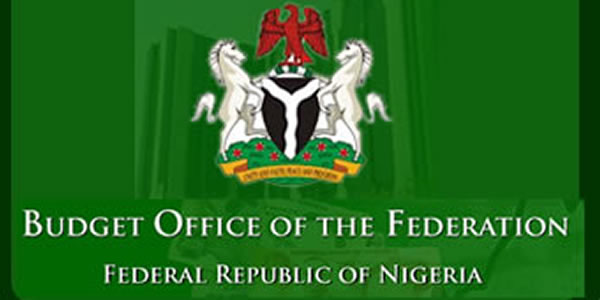By Iyemah David
The Federal Government of Nigeria said the country’s immunisation programme is currently grappling with a significant funding gap that threatens its sustainability and effectiveness.
Director-General of the Budget Office, Dr Tanimu Yakubu disclosed this at a Multi-Stakeholder Forum on National Immunisation Funding, organised by the Vaccine Network for Disease Control (VNDC), on Wednesday in Abuja.
He said that in spite of efforts, the country lacks the industrial infrastructure, storage, and logistics capabilities necessary for self-sufficiency in vaccine production.
“According to recent data, the financial requirement for Nigeria’s immunisation programme stands at $580 million.
“However, the Nigerian public sector contributes less than 200 million dollars leaving a substantial $430 million gap.
“This shortfall has been partially bridged by international donors, including the Bill and Melinda Gates Foundation, GAVI, UNICEF, and others, who together contribute 230 million dollars.
“In spite of these contributions, a $200 million funding gap remains unaddressed,” he said.
Dr Yakubu added that these figures underscored the challenges facing the country’s immunisation efforts,” he said.
The director general said that reliance on external funding has been pivotal in achieving the current disease coverage, but the shortfall highlights the need for more robust and sustainable solutions.
He said stated that the current administration has pledged to close the funding and capability gaps in these challenges.
“The Federal Ministry of Health is actively working to enhance the country’s industrial capacity to produce a full range of immunisation vaccines domestically.
“This initiative is part of a broader medical industrialisation programme aimed at achieving self-sufficiency through an import substitution strategy,” he said.
Former Chairman of the Senate Committee on Health, Senator Ibrahim Oloriegbe stressed the need for the National Assembly to prioritise funding for immunisation and primary health care through effective appropriation.
He said that proper funding for vaccines and immunisation not only addresses health issues but also has significant economic and security benefits.
Senator Oloriegbe called for strategic allocation of resources to ensure sustainability by making vaccine counterpart funding a first-line charge, similar to the basic health care provision fund.
This approach, he said, would ultimately save costs in the long run and enhance productivity and demographic management.
Dr Mustapha Lecky, Chairman, Health System Reform Coalition of Nigeria (HSRCN), emphasised the critical impact of vaccine-preventable diseases (VPDs) on children under five in Nigeria.
Lecky said that this highlights the urgent need to address these preventable deaths underlining the gravity of the situation.
“The economic and generational loss caused by children’s deaths underscores the broader implications of these preventable deaths on Nigeria’s economy and future generations,” he said.
He stressed the importance of improving surveillance systems, laboratory networks, vaccine procurement, and administration to enhance immunisation coverage and prevent deaths.
The chairman called for collective action and commitment from stakeholders to implement the African Declaration on Immunisation, Professor Emmanuel Alhassan, Nigeria Coordinator for Prevent Epidemics/Immunisation Programmes at GHAI, said that the country is significantly lagging behind in vaccine and immunisation financing.
“We recognise the gaps. As of today, we haven’t paid our outstanding 2023 obligation.
“For 2024, we were supposed to have paid in June, but that hasn’t happened, and July ends today.
“We are very grateful to the National Assembly, the Budget Office, the Minister of Finance, Minister of Budget and National Planning, and the Office of the Accountant General for their cooperation.
“We understand the fiscal challenges facing the country, but we also know that health is wealth. Immunisation is crucial for enhancing the health of all Nigerians,” he said.
Chief Executive Officer of VNDC, Mrs Chika Offor said that anything that disrupts development is a disease, and anything that supports development is a vaccine.
“Today, we are here to discuss a critical point, immunisation. It’s extremely important, and we need funding to support it. Money is essential to purchase vaccines,” she said.
Mrs Offor said that the high-level meeting hopes to discuss the financial shortfall and the administration’s commitment to addressing the various gaps in financing, industrial capacity, logistics, and storage.
She said that this commitment offers hope that Nigeria can overcome its current hurdles and establish a more sustainable immunisation programme.
“The ongoing efforts and international support are crucial to Nigeria’s goal of achieving independent vaccine production, which will significantly improve public health outcomes across the nation,” she said.




